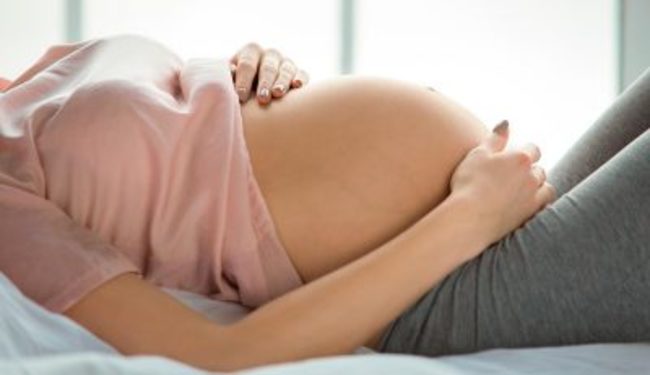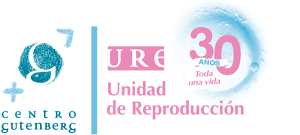Becoming a mother at 40: pregnancy risks beginning at this age

The number of women who decide to postpone motherhood is becoming increasingly higher, and there is data to prove it. While women in the 1980s generally had their first child around the age of 25, the average age rose to 28 in the 1990s. By the year 2000 this number was around 29 years old, and in 2019 the average was over 32 years of age. This data is directly related to the number of children per family: women nowadays have 1.25 children on average, compared to 1.44 children a decade ago.
Together with this data, another interesting fact is the percentage of mothers over the age of 40 in Spain, the highest percentage in all of Europe right next to Italy. Almost one in every ten Spanish mothers is over the age of 40, and there are many different reasons behind this percentage.
The risks of becoming a mother at 40
We may think that entering into motherhood after the age of 40 has its advantages, mainly due to the fact that a woman may feel more secure handling motherhood at this age. However, from an obstetrical point of view this is not the case. Becoming a mother at 40 presents risks and complications not only for the female during pregnancy, but also for the future baby.
The likelihood of conceiving after 40 is increasingly challenging as fertility declines considerably as we age. At the same time, if the odds of miscarrying before week twelve of gestation are, on average, between 10 and 15%, this risk is significantly higher in women over the age of 40. The same applies to chromosome abnormalities in embryos, such as Down syndrome, Edwards’ syndrome, etc. And last but not least the increased risk associated with congenital malformations.
The risk of developing complications over the course of a pregnancy exists, and the incidence of these risks is higher in women 40 and over. Among these complications we can include issues with the placenta such as placenta previa and premature detachment of the placenta, associated with maternal bleeding during pregnancy and delivery and possible consequences for the foetus’ or new‑born’s health.
Other possible complications when entering into motherhood after 40 years of age arise due to the mother’s increase in blood pressure (preeclampsia, eclampsia…), associated with premature delivery and low birth weight. There is also a greater incidence of gestational diabetes which is linked to metabolic abnormalities in the foetus including low birth weight, foetal macrosomia and prematurity. All of these points and others are the reason why there is a greater incidence of caesarean section deliveries.
A more responsible motherhood
But we shouldn’t only view the glass as half empty. Although it’s true that there is an increase in risk with age, it’s just that. The majority of pregnancies progress well and the female can carry the foetus to term, with mom and her new-born both happy and healthy. It’s also true that women over forty embark on motherhood in a more mature and responsible manner.
On the other hand, we cannot overlook the fact that nowadays we are able to count on a health care system during pregnancy and delivery which makes it possible to detect complications in a timely manner in order to minimise their effects. This of course depends on the future mother’s healthy and balanced lifestyle which contributes to proper progression of the pregnancy.

